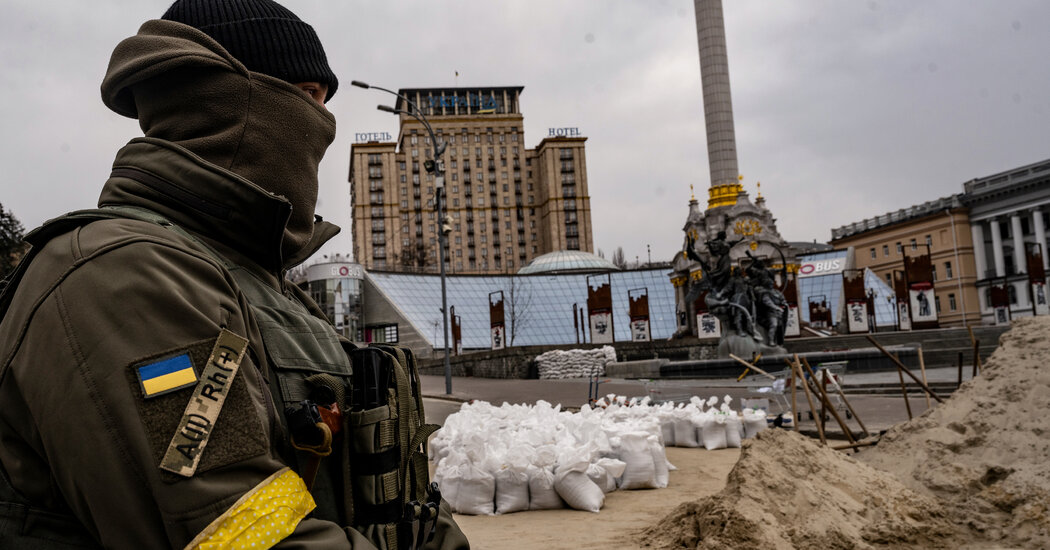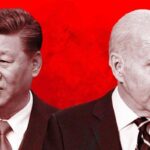
The war in Ukraine and the associated sanctions that countries around the world have imposed on Russia are likely to cause a downgrade of the International Monetary Fund’s global economic growth forecast, Kristalina Georgieva, the I.M.F.’s managing director, said on Thursday.
The Ukraine crisis is another shock to a world economy that was just emerging from the coronavirus pandemic, and it has been compounding global supply chain disruptions and inflation headwinds that have been cause for concern. The full impact on the world economy remains uncertain, I.M.F. officials said, and will depend on the outcome of the war and how long sanctions remain.
“We just got through a crisis like no other with the pandemic, and we are now in an even more shocking territory,” Ms. Georgieva told reporters. “The unthinkable happened — we have a war in Europe.”
In January, the I.M.F. reduced its estimated global growth rate for 2022 to 4.4 percent, from the 4.9 percent it had projected last year, as a result of slowdowns in the United States and China.
Ms. Georgieva said the most significant threat to the world economy was greater inflation coming from higher commodity prices as countries shifted consumption away from Russian oil and gas. This, in turn, could eat into consumer spending. Worsening financial conditions and business confidence also have the potential to weigh on growth.
“The surging prices for energy and other commodities — corn, metals, inputs for fertilizers, semiconductors — they are coming, in many countries, on top of already high inflation and are causing grave concern in so many places around the world,” Ms. Georgieva said.
The I.M.F. is working to develop a plan to provide more assistance for Ukraine’s eventual rebuilding effort, but said it was too soon to know the extent of the country’s needs. This week, the fund’s executive board approved $1.4 billion in emergency financing.
Ukraine’s top economic adviser said earlier on Thursday that Russia had already destroyed $100 billion worth of the country’s assets.
The fund is also assessing the impact of the sanctions on the economy of Russia. Much of its financial sector and its central bank has been blacklisted.
“The Russian economy is contracting, and the recession in Russia is going to be deep,” Ms. Georgieva said. “That is already clear.”
She said Russia was unlikely to have access to its emergency currency reserves because of sanctions.
The I.M.F. has halted operations and programs in Russia. Ms. Georgieva said there had been no discussions about ending Russia’s membership in the fund.




